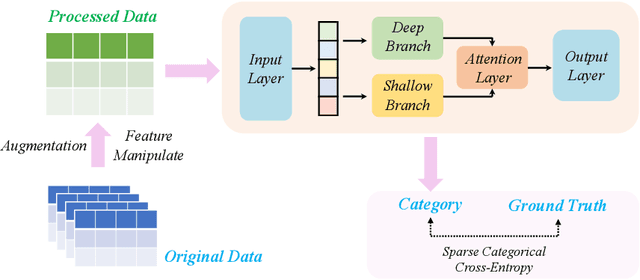Zhaorui Ma
CrossGP: Cross-Day Glucose Prediction Excluding Physiological Information
Apr 16, 2024



Abstract:The increasing number of diabetic patients is a serious issue in society today, which has significant negative impacts on people's health and the country's financial expenditures. Because diabetes may develop into potential serious complications, early glucose prediction for diabetic patients is necessary for timely medical treatment. Existing glucose prediction methods typically utilize patients' private data (e.g. age, gender, ethnicity) and physiological parameters (e.g. blood pressure, heart rate) as reference features for glucose prediction, which inevitably leads to privacy protection concerns. Moreover, these models generally focus on either long-term (monthly-based) or short-term (minute-based) predictions. Long-term prediction methods are generally inaccurate because of the external uncertainties that can greatly affect the glucose values, while short-term ones fail to provide timely medical guidance. Based on the above issues, we propose CrossGP, a novel machine-learning framework for cross-day glucose prediction solely based on the patient's external activities without involving any physiological parameters. Meanwhile, we implement three baseline models for comparison. Extensive experiments on Anderson's dataset strongly demonstrate the superior performance of CrossGP and prove its potential for future real-life applications.
 Add to Chrome
Add to Chrome Add to Firefox
Add to Firefox Add to Edge
Add to Edge